European Business: Brexit's Impact on UK-Ireland Trade and Economy
VerifiedAdded on 2022/10/01
|5
|1185
|31
Report
AI Summary
This report examines the economic implications of Brexit on the UK and Ireland's trading relationship, focusing on the negotiation of new commercial policies between the UK and the European Union. The analysis explores various alternatives for the UK, including single market access, free trade agreements, and WTO membership, evaluating their potential benefits and limitations. The report also investigates the specific impact of Brexit on trade between the UK and Ireland, highlighting the vulnerabilities arising from their close economic ties and the effects on key sectors like agri-food. The study underscores the negative consequences of Brexit on trade dynamics, consumer behavior, and legal frameworks, emphasizing the need for diversification and strategic adaptation in the face of changing market conditions. It also provides a detailed account of the current trade relations and the potential future scenarios based on the existing policies and agreements. The report concludes with a comprehensive assessment of the challenges and opportunities that Brexit presents for both the UK and Ireland, offering valuable insights for policymakers and businesses navigating the post-Brexit landscape.
1 out of 5
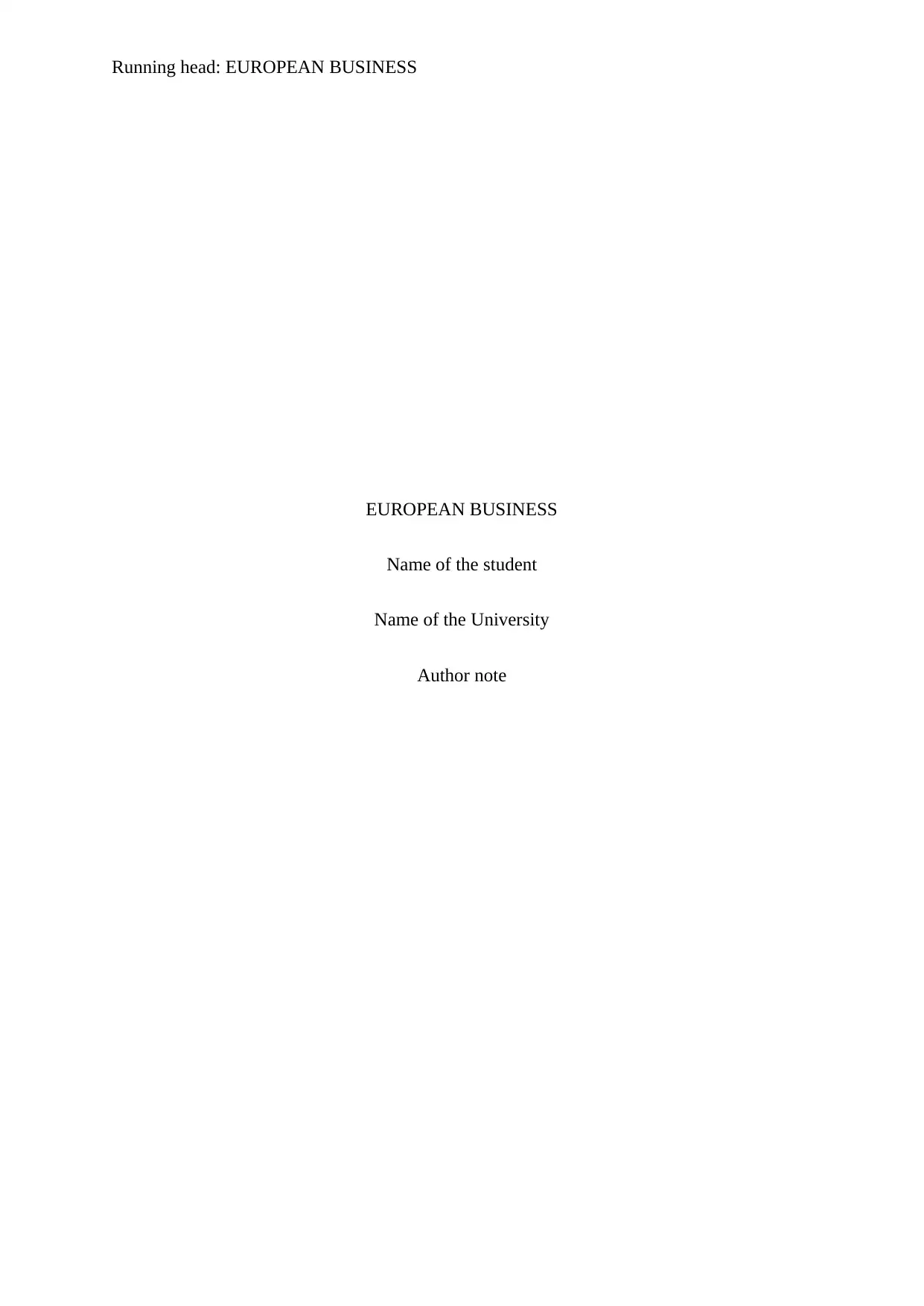
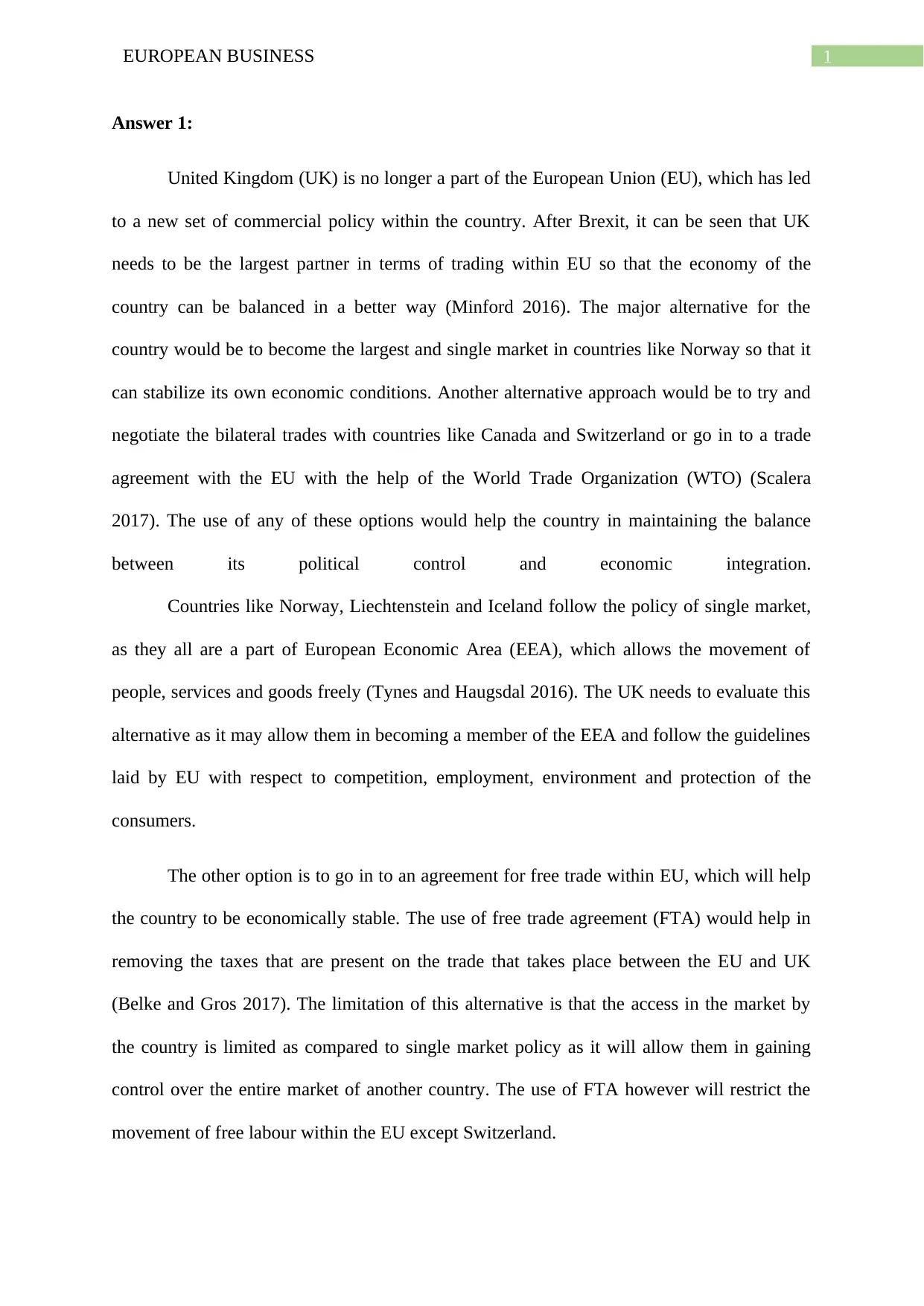
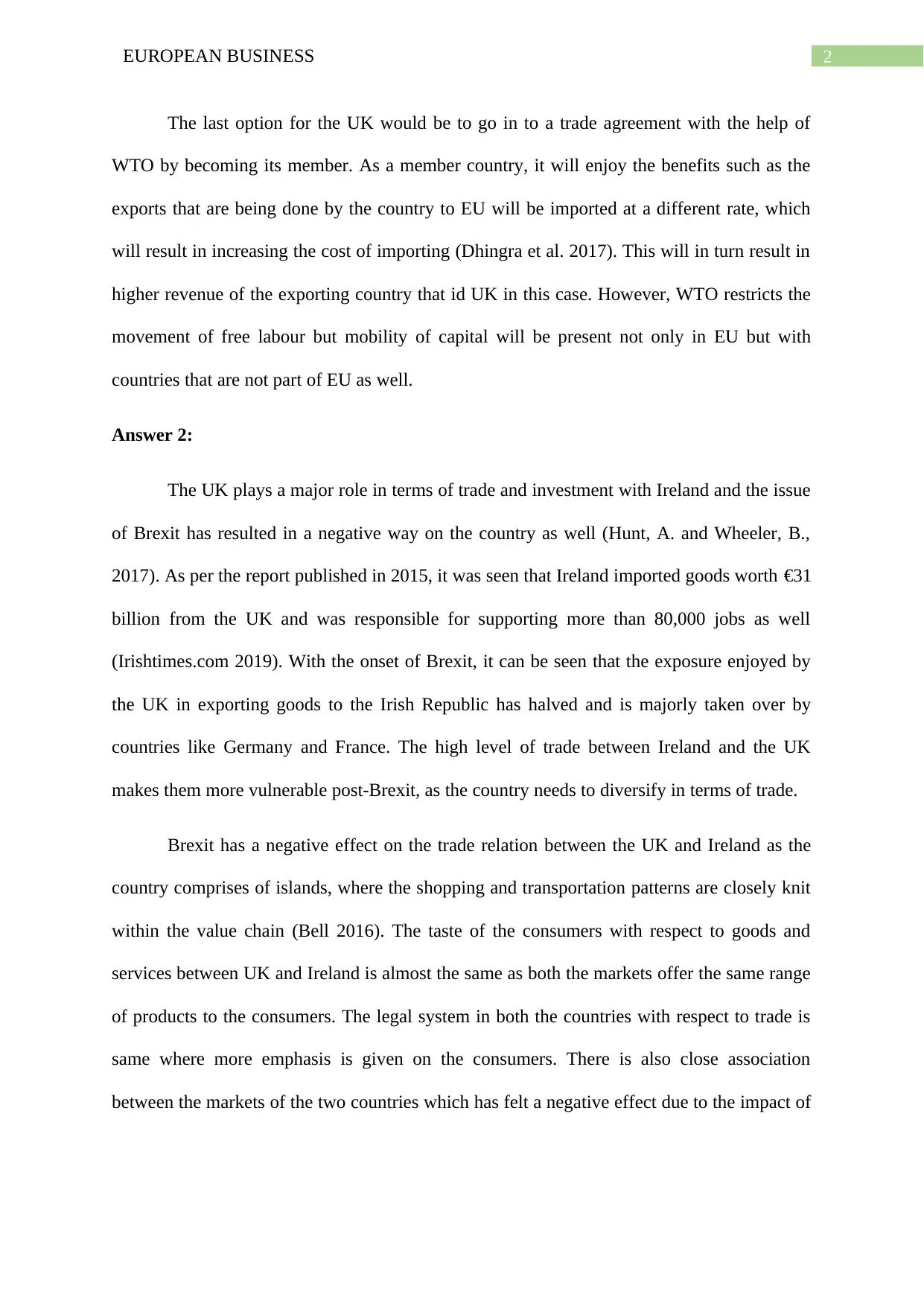

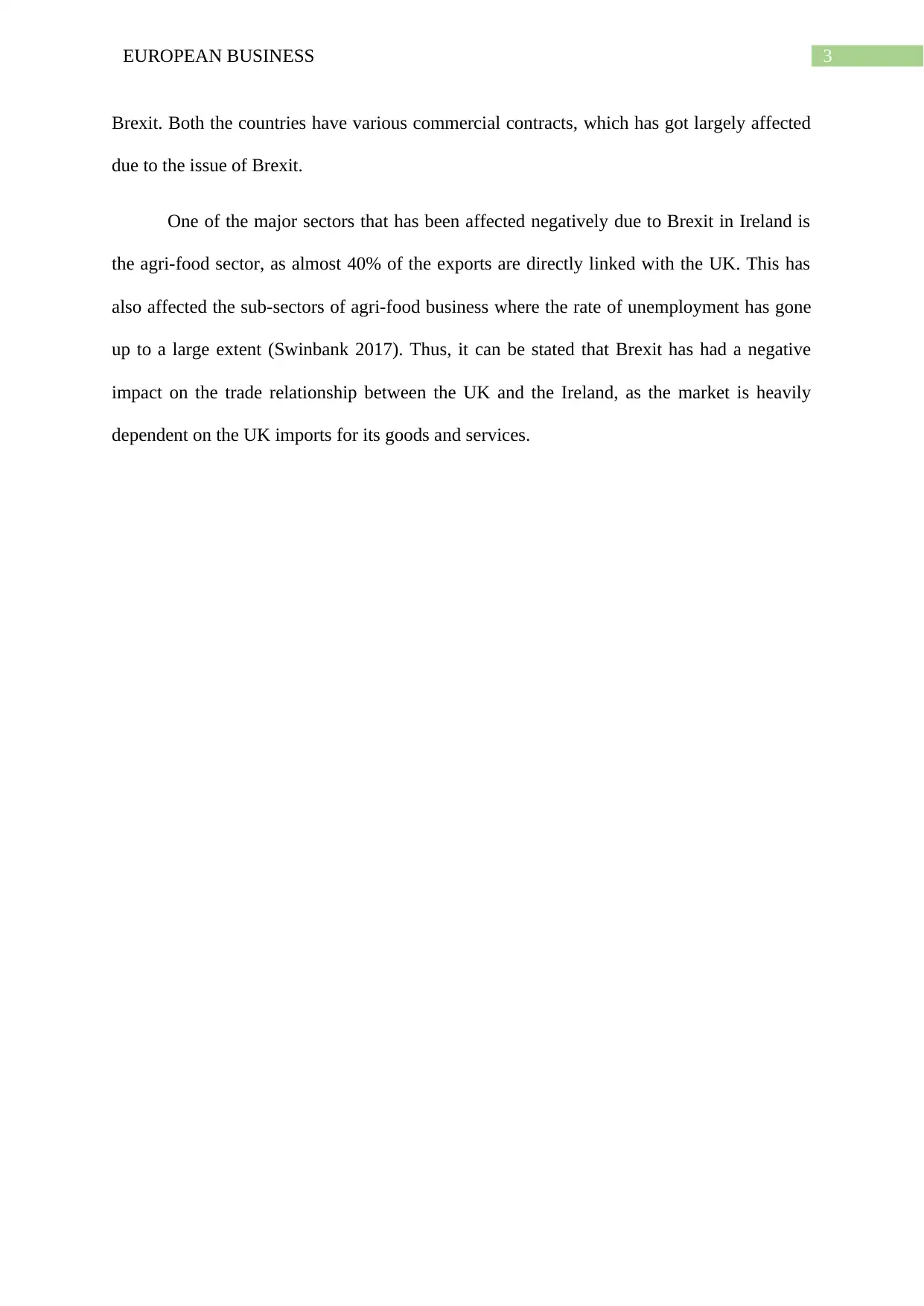
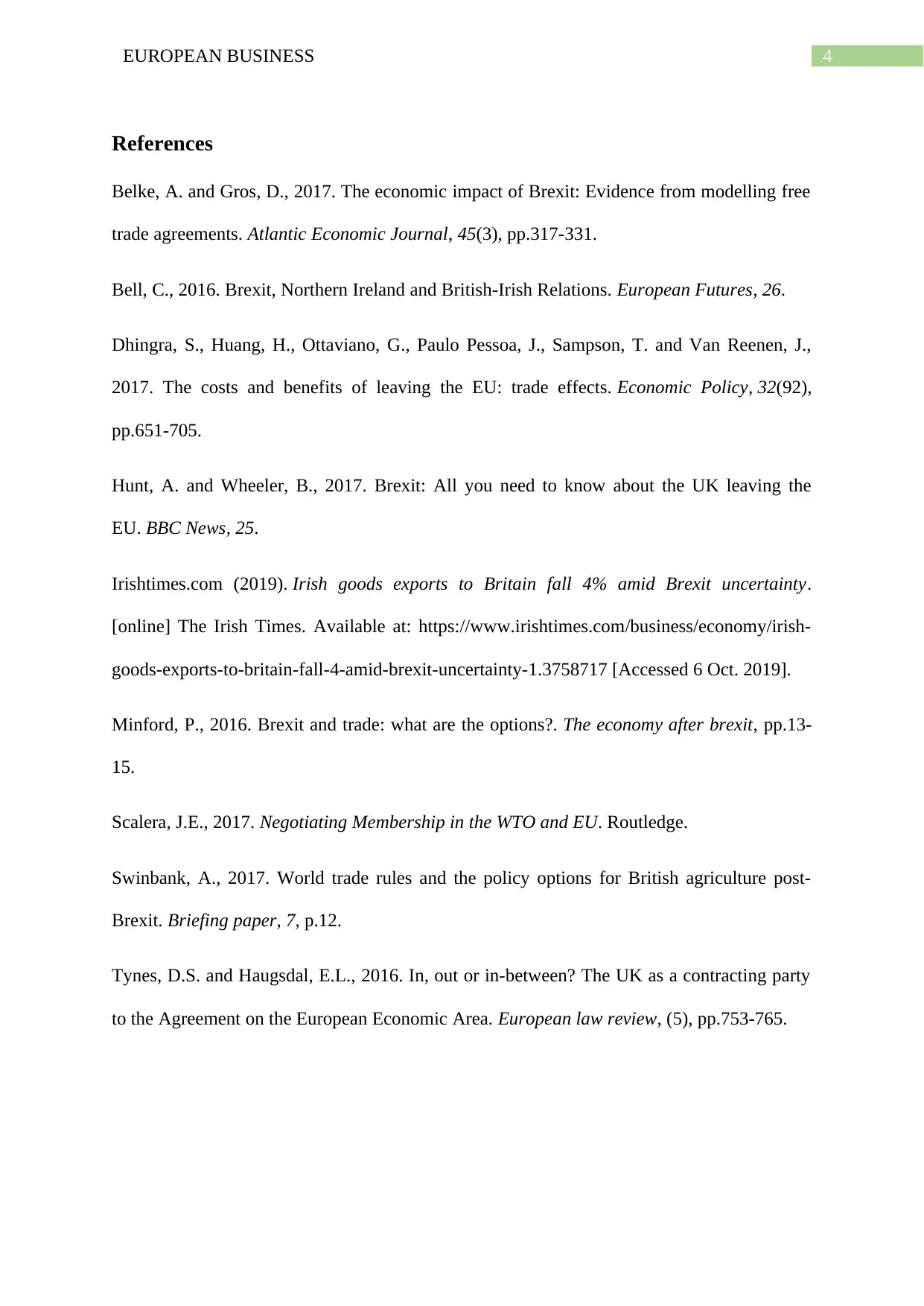






![[object Object]](/_next/static/media/star-bottom.7253800d.svg)